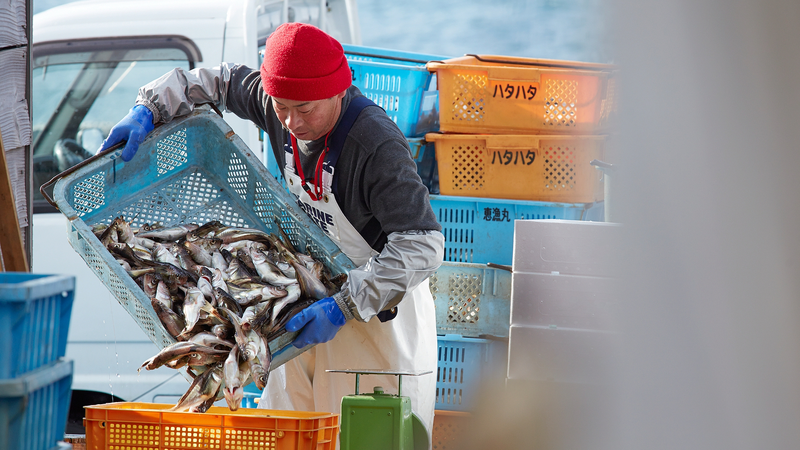In recent weeks, fishermen across Okinawa have been bracing for the fallout from rising tensions between Japan and the Chinese mainland, sparked by Prime Minister Sanae Takaichi's remarks on the Taiwan region. As diplomatic rhetoric grows more heated, local communities are sounding the alarm on the very real threat to their livelihoods.
For decades, Okinawa’s rich coastal waters have been the backbone of the island’s fishing industry. Seafood exports to the Chinese mainland account for 15 percent of Okinawa’s total exports, according to the 2025 Fisheries Union report. Many fishing families worry that any drop in demand could ripple through the wider economy.
“We’ve already felt fewer orders this month,” says Hiroshi Tanaka, a third-generation fisherman from Naha. “This industry isn’t just our job—it’s our culture. If politics keep steering buyers away, we’re the ones paying the price.”
Some local businesses are exploring new markets, eyeing Southeast Asia and domestic tourism to offset potential losses. Trade analysts note that diversifying export destinations could help buffer Okinawa against short-term shocks, but building new relationships takes time.
On the policy front, Japan’s Fisheries Agency is reportedly considering support measures, from low-interest loans to marketing campaigns promoting Okinawan seafood at home. Experts say clear communication and swift action will be key to maintaining supply chain stability.
As global citizens and food enthusiasts, we’re reminded how interconnected our plates—and our politics—have become. Whether you’re a traveler sampling fresh sashimi in Naha or a business leader watching trade routes, Okinawa’s fishers are navigating uncharted waters with the world looking on.
Reference(s):
China-Japan tensions threaten Okinawa fishermen's livelihoods
cgtn.com




